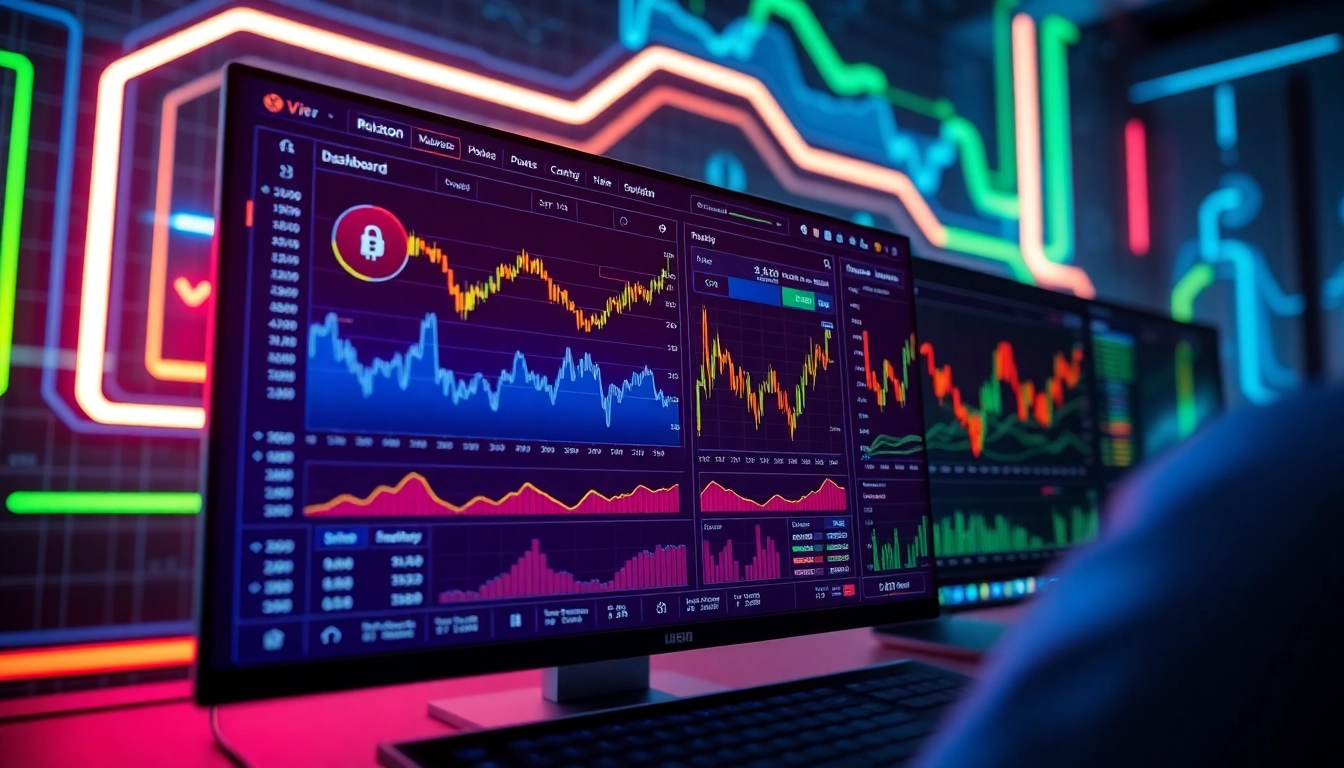The Evolution of Technology
Throughout human history, technology has continuously evolved, shaping our societies, economies, and ways of living. From the invention of the wheel to the rise of the internet, the trajectory of technology reflects our understanding of the world and our desire to enhance our capabilities. As we unfold the story of technology, its evolution reveals a tapestry woven with innovation, challenges, and solutions. Understanding these developments can provide valuable insights into our present and future technological landscape, especially in today’s rapidly changing environment, where technology plays a pivotal role.
Historical Milestones in Technology
Historically, the evolution of technology occurred in phases, marked by key milestones that defined human progress. The early agricultural revolution, around 10,000 BC, marked humanity’s first major technological shift. The development of farming tools allowed for stable food sources, leading to settled societies. Millennia later, the Industrial Revolution of the 18th and 19th centuries drastically transformed economies and lifestyles through innovations like the steam engine and mechanized manufacturing. These milestones exemplify how inventions have often driven societal changes.
The Impact of the Industrial Revolution
The Industrial Revolution represents a seismic shift in technology and industry. This period saw the transition from agrarian societies to urban industrialization. Innovations such as textile machinery, railways, and factories redefined labor demands, productivity, and economic models. For instance, the creation of the steam engine not only revolutionized transportation but also laid the foundations for future technologies in various sectors. This era emphasized mechanization, leading to increased production rates and a shift towards consumer culture.
Key Technological Advancements of the 21st Century
The dawn of the 21st century ushered in a technological explosion characterized by the rise of digital technology, artificial intelligence, and biotechnology. The proliferation of the internet transformed global communication and commerce, enabling connectivity at an unprecedented scale. Meanwhile, advances in AI and machine learning have reshaped industries by automating processes, enhancing decision-making, and creating new avenues for innovation. These advancements not only contribute to economic growth but also raise questions about privacy, job displacement, and ethical implications.
Understanding Different Types of Technology
Technology can be categorized into various types, each serving unique purposes and functions across different fields. These categories reflect the diversity and complexity of technological applications in our lives today.
Information Technology and Its Many Applications
Information technology (IT) encompasses the use of computers, networks, and software to manage and process information. Within IT, applications are vast, ranging from data management systems to cloud computing platforms. Businesses increasingly rely on IT to streamline operations, improve customer relations, and drive strategic initiatives. For example, the adoption of cloud computing allows organizations to access resources on-demand, ensuring flexibility and scalability that traditional infrastructures cannot provide.
Consumer Electronics: Shaping Daily Life
Consumer electronics represent everyday technology that impacts how individuals interact with the world. Devices such as smartphones, laptops, and smart home gadgets have integrated technology into daily routines, affecting communication, entertainment, and productivity. These innovations foster connectivity and convenience, illustrating how technology can enhance the quality of life. Furthermore, the rise of the Internet of Things (IoT) exemplifies the potential for consumer electronics to create more intelligent environments, improving efficiency and user experience.
Emerging Technologies: What Lies Ahead
Emerging technologies such as quantum computing, virtual reality, and 5G telecommunications promise to further revolutionize the landscape. Quantum computing offers unprecedented processing power, potentially enabling solutions to complex problems inaccessible to classical computers. Simultaneously, advancements in virtual and augmented reality are shaping new experiences in entertainment, education, and remote collaboration. As these technologies mature, their implications for society, economy, and culture will become increasingly profound.
The Role of Technology in Daily Life
Technology profoundly influences various aspects of daily life. It shapes how we communicate, work, and interact, significantly altering our behaviors and expectations.
How Technology Enhances Productivity
In the workplace, technology significantly enhances productivity through collaboration tools, automation, and efficient project management systems. Tools like project management software enable teams to coordinate tasks and deadlines seamlessly, fostering productivity and accountability. Automation of routine tasks allows employees to focus on more strategic initiatives, driving innovation and growth. For instance, companies that implement robotics in manufacturing often report increased efficiency and reduced labor costs.
Technology’s Influence on Communication
Communication technology has transformed interpersonal interactions and global dialogue. The rise of social media platforms has redefined how we share information and connect with others. Digital messaging systems, video conferencing, and social networking allow for instant communication across geographical boundaries. However, this shift also presents challenges, including information overload and concerns over misinformation. Navigating these dynamics requires discernment and responsibility in how we engage with technology.
Everyday Devices: Technology at Home
At home, technology shapes the daily experiences of individuals and families. Smart devices—such as smart thermostats, security systems, and appliances—enhance convenience and energy efficiency. For example, smart thermostats can learn user preferences and optimize heating and cooling schedules, leading to energy savings. Furthermore, home entertainment technologies, from streaming devices to gaming consoles, have transformed leisure activities, providing diverse options for enjoyment. This integration proves how technology can improve comfort and leisure within the home environment.
Challenges and Ethical Concerns in Technology
While technology presents remarkable opportunities, it also poses significant challenges and ethical concerns that society must address. Understanding these issues is crucial for navigating our technological future responsibly.
The Digital Divide: Issues of Accessibility
The digital divide refers to the gap between individuals who have access to modern information technology and those who do not. Factors such as socioeconomic status, geography, and education play pivotal roles in determining access to technology. This disparity can exacerbate existing inequalities, limiting opportunities for marginalized communities. Efforts to bridge the digital divide involve increasing access to affordable internet, providing technology education, and ensuring equitable access to digital resources.
Privacy Risks in a Technologically Driven World
In a world increasingly reliant on technology, privacy risks have emerged as a critical concern. With the collection of vast amounts of personal data by corporations and governments, individuals’ privacy is often compromised. High-profile data breaches serve as stark reminders of the vulnerabilities inherent in our digital lives. To safeguard privacy, stronger regulations, and enhanced security measures must be implemented. Individuals are also encouraged to adopt best practices such as using strong passwords and being cautious about sharing personal information online.
Environmental Impact of Technology
Moreover, the environmental impact of technology is an urgent issue for policymakers and innovators alike. The production and disposal of electronic devices contribute to e-waste and environmental degradation. Advocating for sustainable practices, such as recycling and the development of energy-efficient products, can mitigate negative impacts. As technology continues to evolve, exploring avenues for environmentally conscious innovations will be essential in creating a sustainable future.
Future Trends in Technology and Innovation
As we look toward the future, several trends in technology are set to redefine industries and lifestyles. These trends reflect the ongoing integration of technology into the fabric of society.
Artificial Intelligence: Opportunities and Threats
Artificial Intelligence (AI) is at the forefront of technological innovation, with applications spanning from data analytics and healthcare to autonomous vehicles and customer service. While AI presents opportunities for increased efficiency and decision-making capabilities, it also raises ethical concerns. Issues surrounding job displacement, algorithmic bias, and the implications of decision-making by machines must be approached with caution. Developing frameworks that address these challenges while harnessing AI’s potential will be crucial for its integration into society.
Healthcare Technology: Innovations on the Horizon
The healthcare sector is experiencing a technological renaissance, with innovations such as telemedicine, wearable health devices, and personalized medicine leading the charge. These advancements enhance patient care, increase accessibility, and improve health outcomes. For instance, telemedicine has revolutionized how patients access healthcare, breaking down barriers posed by distance or disability. As technology continues to transform healthcare, ethical considerations related to patient data and care quality must remain at the forefront.
Blockchain: Security and Transparency in Transactions
Blockchain technology is garnering attention for its potential to enhance security and transparency in financial transactions. Its decentralized nature ensures that data is not easily manipulated, making it an appealing solution for industries beyond finance, including supply chain management, healthcare, and real estate. As blockchain technology matures, it will be vital to explore its implications for regulatory frameworks and ethical use. Ensuring that blockchain serves as a tool for transparency and equity will shape its role in future innovation.



